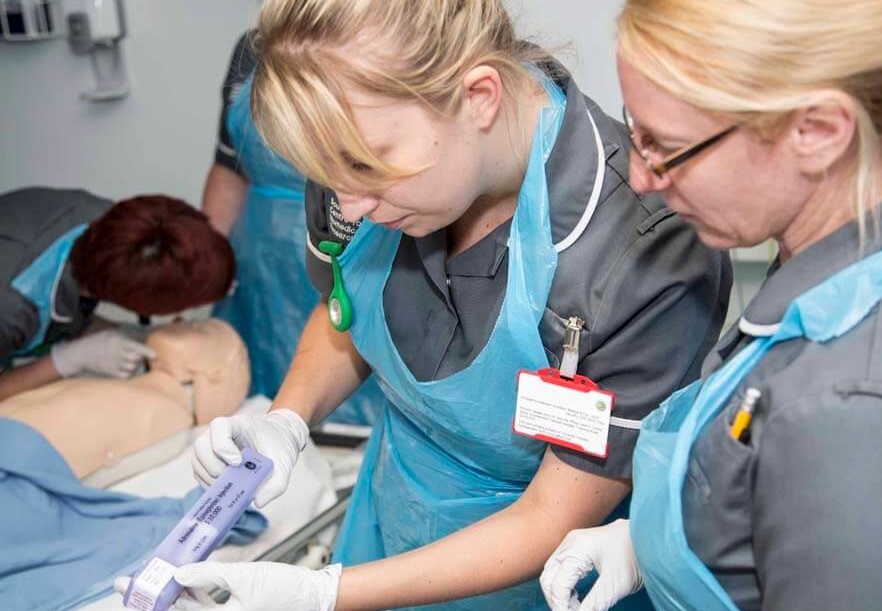Cancer Research UK’s free online course on targeted cancer treatments now open longer for you to join
Cancer Research UK is pleased to announce that we are keeping the current run of our free online course ‘Demystifying Targeted Cancer Treatments’ open so that learners can continue to join and benefit from its content.
The course has recently been brought right up-to-date to reflect the progress seen in this area of treatment over the last three years, with new educational content on PARP inhibitors, CDK inhibitors, CAR-T cell therapy and checkpoint inhibitors. Based on 2-3 hours’ learning per week, the course is structured over five weeks in bite-sized chunks so you can select what’s most relevant to you and dip in and out at your own pace. Discover the science behind targeted treatments and immunotherapies that are changing the landscape of cancer care through a variety of illustrated articles and videos from Elaine Vickers, expert interviews, patient case studies and quizzes.
As the course has been open for some time and given the current situation, it won’t be facilitated in the usual way, however, learners joining the course at this stage will still be able to benefit from all previous comments, answers to common questions and facilitation from the course’s expert educators, mentors and other learners, which can be found in the comments section of each step of the course.
Sign up here and start learning today: https://www.futurelearn.com/courses/targeted-cancer-treatments






